European Parliament President Roberta Metsola told AGERPRES in an interview in Bucharest on Tuesday, referring to the Schengen Area, that she wants "to look at 2023 as the year in which Romanian citizens finally get, after 11 years of having been promised, what they deserve," stressing that "political lack of decision or the insistence by one or two countries on that not happening have only sent the worst of messages."
She gave guarantees that the reform of the Schengen Area to start next spring will not affect Romania's accession to the free movement area, as this process is aimed at the securitization of the external borders, and "Romania, de facto, has already done everything, especially with regards to what has happened with Ukraine, with regards to what has happened with Moldova."
Regarding the situation of Ukraine, Metsola reiterated that Russia is trying to use the cold as a terror weapon and urged, on the one hand, on the continuation of the financial and military support for Ukraine, and, on the other hand, she warned that, because of the attacks on cities and critical infrastructure, from the millions of Ukrainians already internally displaced in Ukraine, "more will start to enter the European Union."
Furthermore, the EP president remarked that Ukraine implements the reforms to join the European Union "faster than many other countries" and brought to mind that the European Parliament was the first institution to have called for Ukraine being given the candidate country status for joining the EU. At the same time, Metsola said that the Republic of Moldova is "a country that looks to Europe as its home" and said it has the right leadership to address the challenges it is confronted with, but it must be supported "not only politically, but also financially."
Last but not least, Roberta Metsola spoke within the AGERPRES interview about the corruption scandal shaking the European Parliament, Qatargate. She said that there are systems in force in the European Parliament that should be stricter and practices that should not continue, but she insisted on emphasizing, at the same time, that she has "the responsibility to rebuild the trust that has been shaken in an institution that stands for democracy, rule of law and justice."
AGERPRES: Mrs. President, the accession of Romania and Bulgaria to the Schengen Space has been recently blocked by Austria and The Netherlands in the JHA Council. Some of the European ministers have said at the time that European solidarity has died that day. Do you agree with this opinion?
ROBERTA METSOLA: I would certainly agree with the sense of utter disappointment and frustration, not only by Romanian citizens, but by everybody who has been saying for years, including the European Parliament, that Romania and Bulgaria are technically, legally eligible to join the Schengen Area. Political lack of decision or the insistence by one or two countries on that not happening have only sent the worst of messages. Rather than solidarity dyeing, I would say solidarity having been delayed because I want to look at 2023 as the year in which Romanian citizens finally get, after 11 years of having been promised, what they deserve. Not because they should be given this as a gift, but because they deserve it. They are equal, they have done everything they needed to do, you have done everything you needed to do, there is nothing that should block the decision now.
AGERPRES: The European Commission is preparing a Schengen reform for next spring. There are worries that starting this reform process will block the extension of the free border zone in the long run for Romania and Bulgaria if this does not come to pass in the first part of next year. Is this danger real, do you think?
ROBERTA METSOLA: Well, I would not look at that danger today, what I would say is that the European Parliament will be, as a co-legislator in this regard, absolutely on the side of Schengen accession for Bulgaria and Romania. Why do I say this? Because when we talk about the Schengen borders code we talk about the securitization of the external border of the European Union. Romania, de facto, already secures that [EU's external border]. Romania, de facto, has already done everything, especially with regards to what has happened with Ukraine, with regards to what has happened with Moldova. I would say that when we look at any revision of the Schengen borders code, as we call it, that has to be in terms of the securitization of the external border, and not with anything to do with Romania and Bulgaria in this regard.
AGERPRES: There is a worst-case scenario concerning Ukraine, which states that Russia's continuous bombing could lead to a complete failure of the energy grid during this winter. Are EU and NATO ready, in your opinion, to help Ukraine to prevent such a scenario, and if this nightmare should still happen, is Europe ready to receive a new massive wave of Ukrainian refugees?
ROBERTA METSOLA: If we can look at one thing positively of that what's happened since the 24th of February, is that at that time Europe depended almost 90 percent approximately on Russia for gas. Today, we are at less than eight percent. Europe, and this also required co-legislation with the European Parliament, has managed to make sure that our gas storages are full. A price cap that has been long pushed by many countries was agreed on yesterday. So we have managed to what we thought would never be possible, to create a de facto energy decoupling, new energy interconnections, new contracts with third countries. These are very, very important issues that will take us beyond the war, beyond the immediate issue that we have in Ukraine.
What is happening in Ukraine? Russia today is bombing indiscriminately critical infrastructure. They are trying to one would say use the cold as a terror weapon. And the immediate reaction is, besides the fact that we have to continue helping Ukraine by providing military support, financial support, the European Parliament is currently together with hundreds of European cities sending hundreds and hundreds of generators to Ukraine, even spare parts, individual things needed, we get a list and we do it. But we also have to expect that there are already millions of Ukrainians internally displaced in Ukraine, because of the attacks on cities and critical infrastructure, that more will start to enter the European Union. But also one good thing that the European Union has done it has assured financial support systems for member states, such as Romania, to welcome these refugees. And here I must commend the solidarity of this country. Nobody waited to tell Romania what to do. Romania just did it, went to the border, welcomed immediately thousands and thousands of Ukrainian refugees with open arms. That solidarity, as we said earlier in the interview, was one that was truly on display, and that's what Europe should be about and I want 2023 to be about that.
AGERPRES: Ukraine's Parliament announced last week that it had adopted all the legislation recommended by the EU, including a press law that is considered controversial. From the EU's point of view, to what extent has Ukraine fulfilled this task and also what signals do you have from the Republic of Moldova, which also has candidate country status?
ROBERTA METSOLA: So, first of all, I was present at that parliamentary session, virtually, when the vote was taken. These are milestones. Let's keep that in mind. A country, under siege, having been illegally invaded, going through step by step, faster than many other countries I must say, the milestones needed to reach the next step in the candidacy towards the European Union. Who would have told us at the beginning of 2022 that Ukraine would be a candidate country for European Union membership? I think that it is simply amazing, the European Parliament was the first institution to call for that, there were many cynics I must say, there were many who disagreed I must say, but in June unanimous agreement by all heads of state and government that this was the right thing to do.
For us, what does that mean? That we insist, rule of law, values, justice, media freedom, protection of journalists, protection of minorities, everything that the European Union stands for and that we expect from each country on the path of EU membership to fulfill.
Same with Moldova. When I was in Moldova a few weeks ago, it was amazing to see a country that looks to Europe as its home. Moldova that looks to Romania in order to continue to receive their assistance that it needs. In Moldova the winter will be very difficult. But it has the right leadership to address those challenges. We need to prop up that leadership, we need to assist that leadership, not only politically, but also financially. We need to look at that country as a member of our family and one that is doing everything to join our family. We should fling our doors wide open to that.
AGERPRES: My final question would be on Qatargate. You have commented on the accusations, your intentions for the future and the review that you intend to do of the regulations. I will ask you now to comment on the first reactions. One diplomat from the Qatar mission to the European Union on Sunday reacted saying that 'preconceived prejudices' led the European Parliament to vote on Thursday to suspend all work on legislation involving Qatar and to bar Qatari representatives from its premises. What is your answer to this comment?
ROBERTA METSOLA: We will not be bought. We will not allow malign interferences into our very legitimate processes. Keeping in mind presumption of innocence without in any way wanting to prejudice the ongoing investigations, which the European Parliament is fully on board with the Belgian and also other countries' law enforcement and judicial authorities, we need to recognize that there were loopholes, that there were gaps, that there were exploited and abused.
We have systems in place, but they need to be tightened. We have practices in place that should not continue. But let me be also very clear on this. This is about criminal corruption. This was about bags of cash that were given and bags of cash that were taken. This is what is being investigated right now. This is why last week certain decisions had to be taken immediately, why the visa liberalization report had to be sent back to the committee, why there was a vote in the plenary to remove the vice president from her office, why there were offices in the European Parliament that were seized together with the authorities, why I was present at the house search of one particular member of Parliament, of the European Parliament.
These are obligations that are incumbent on me, but now I have the responsibility to rebuild the trust that has been shaken in an institution that stands for democracy, rule of law and justice and that works very, very consistently on legislation that matters to European citizens.
After here I am going to meet hundreds of Romanian students. I want to convince them that the European Parliament stands for all that, because in 2024 it will fall onto them to choose their members of the European Parliament from Romania. I want to tell them that so much good work has been done by their representatives that they should continue to believe in our common project.

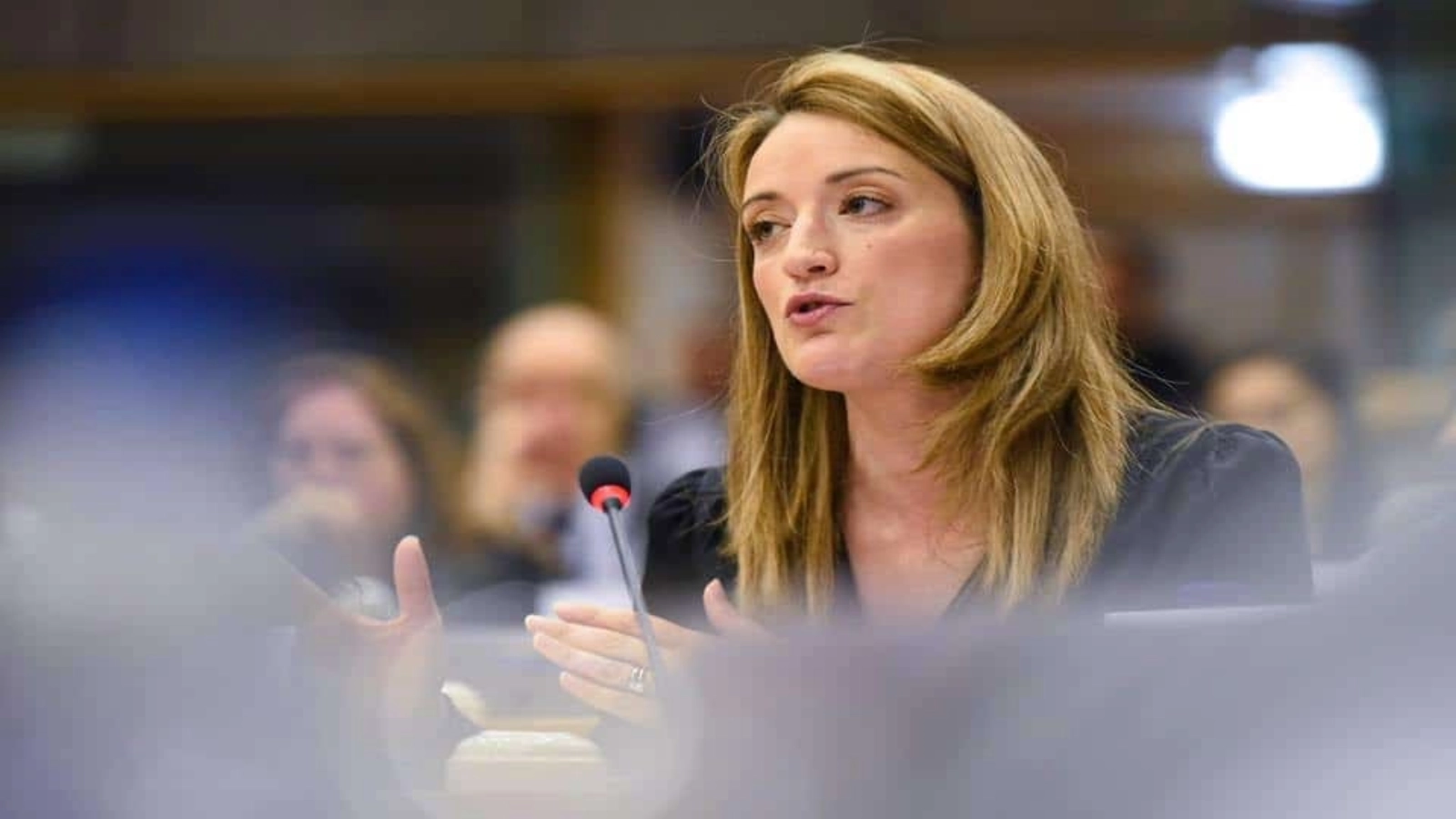
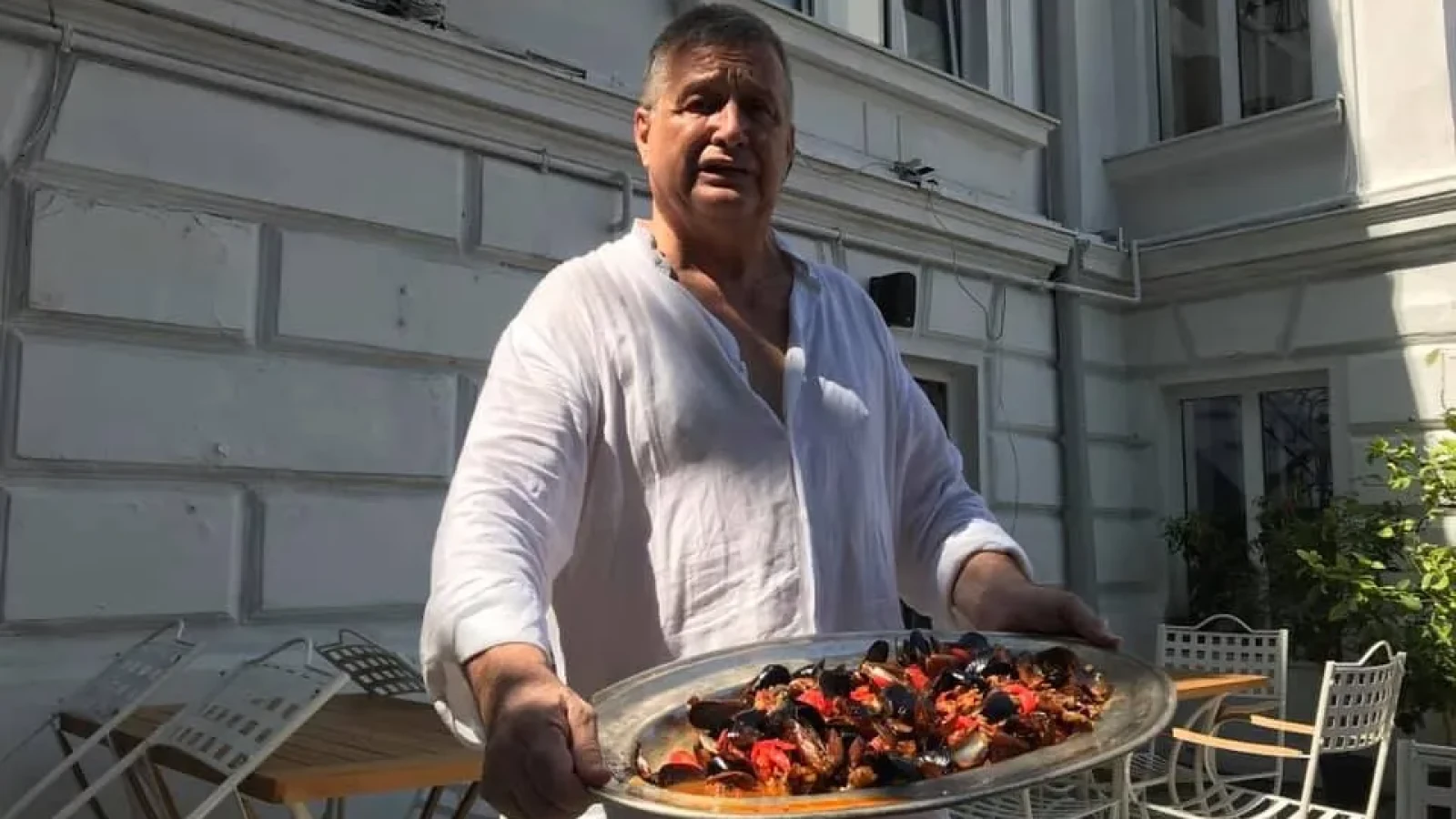

















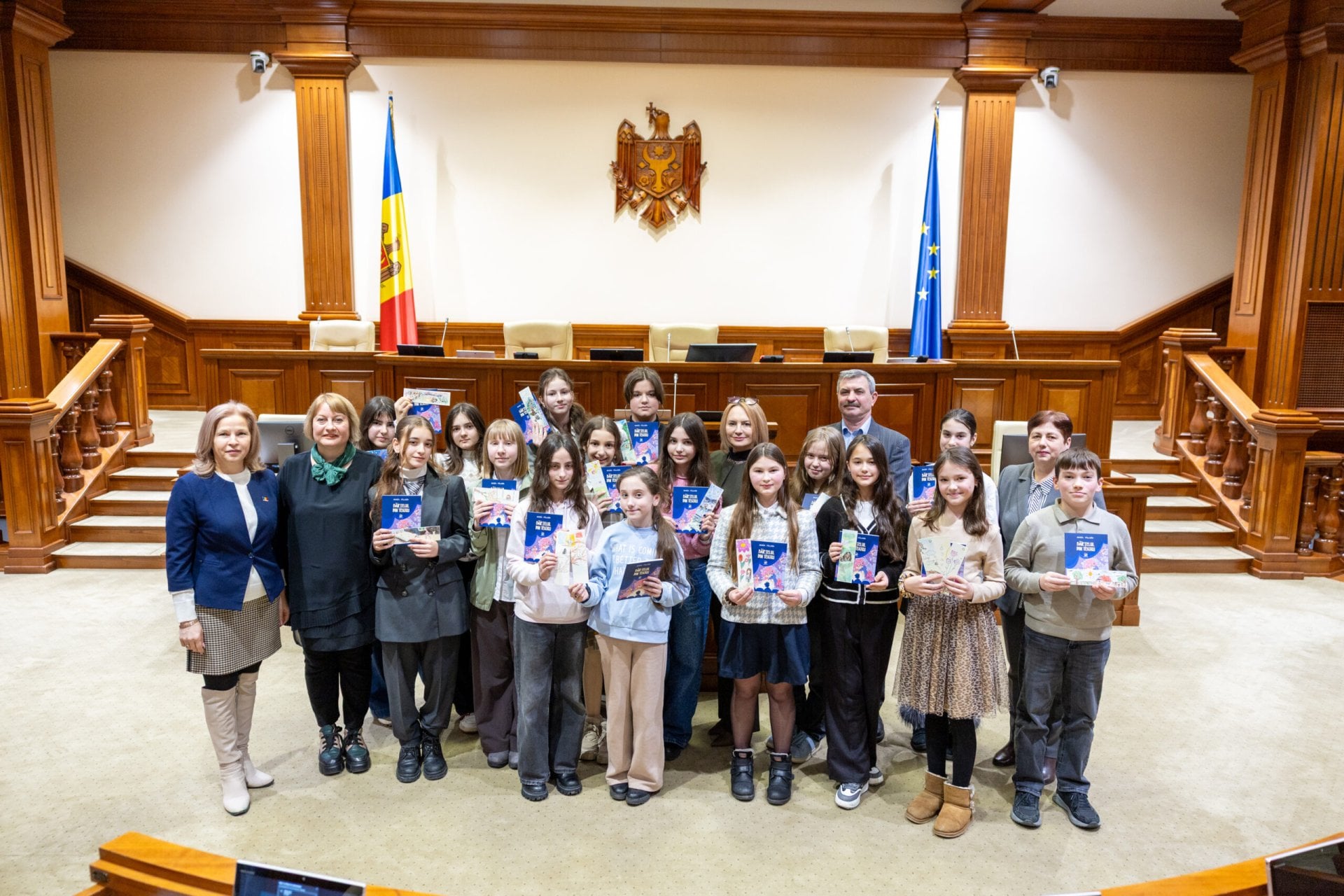
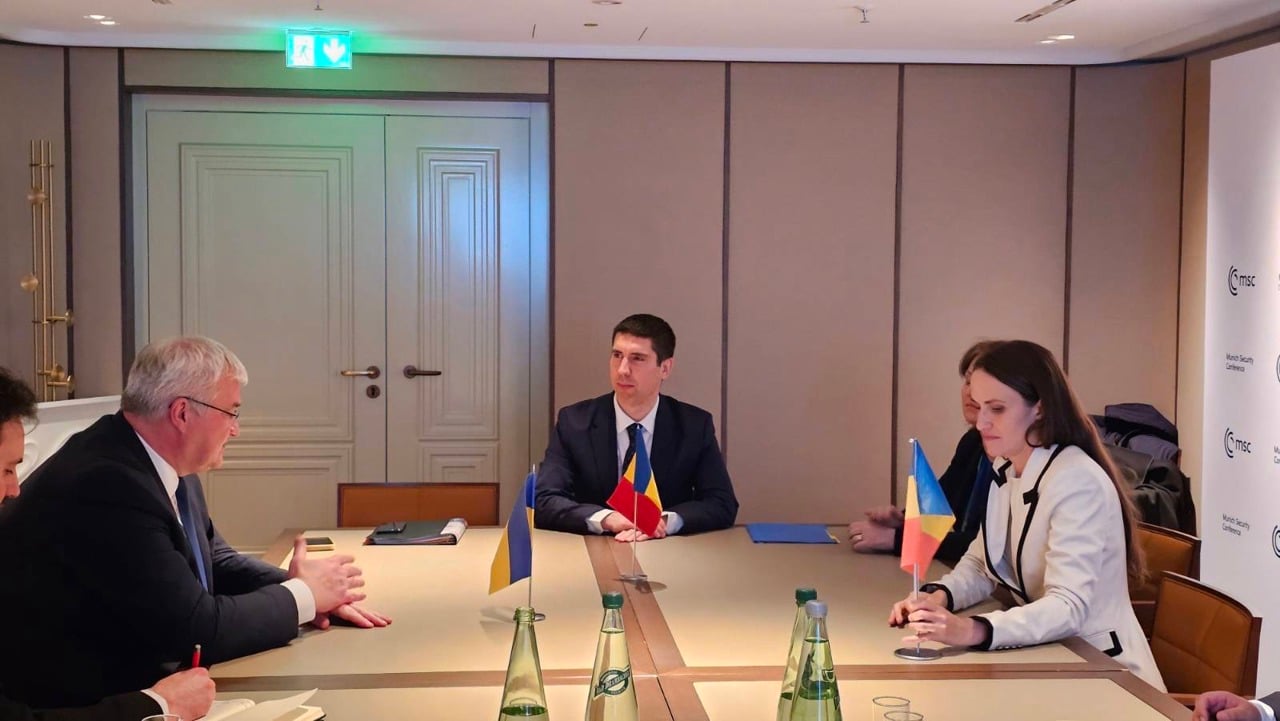
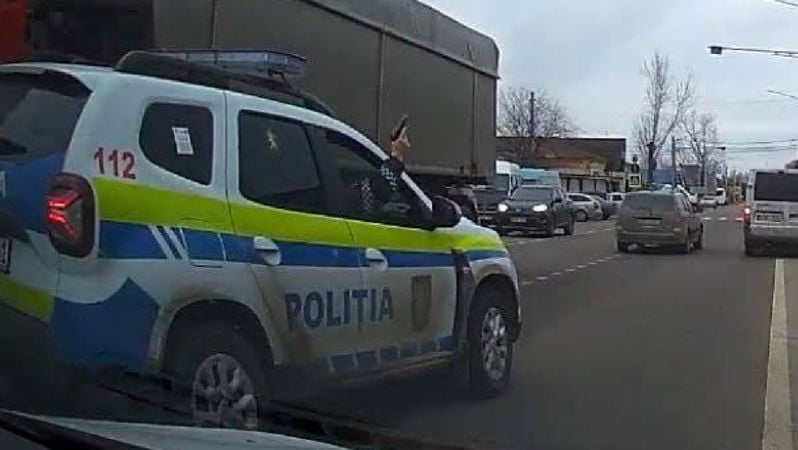
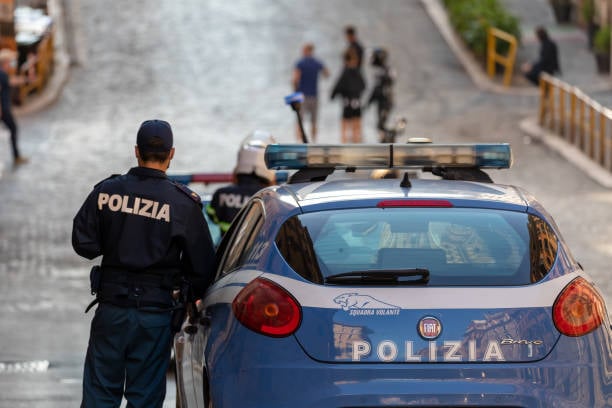





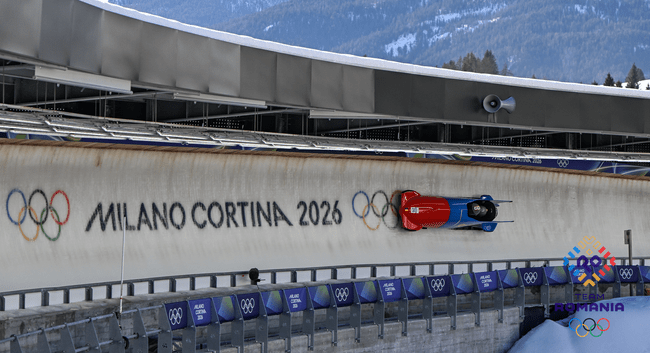


Comentează